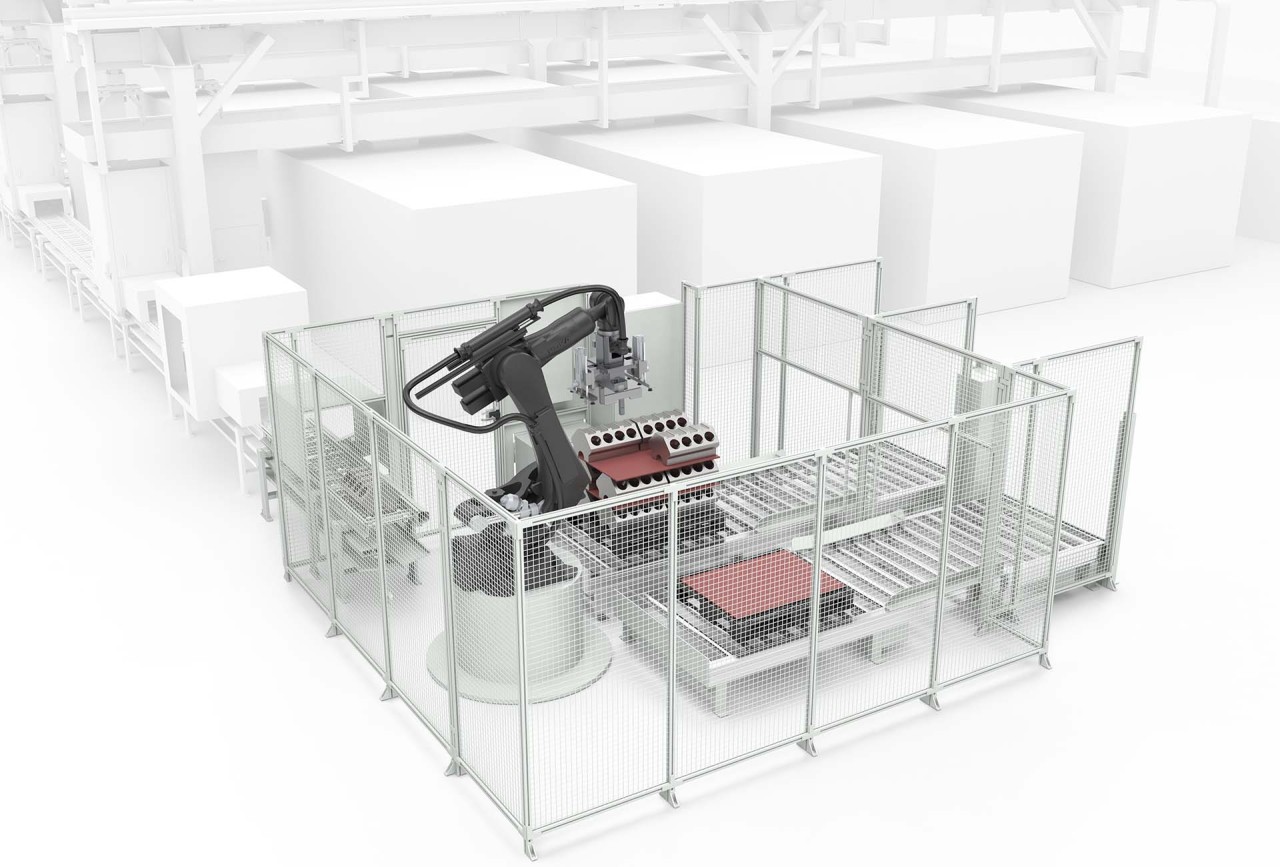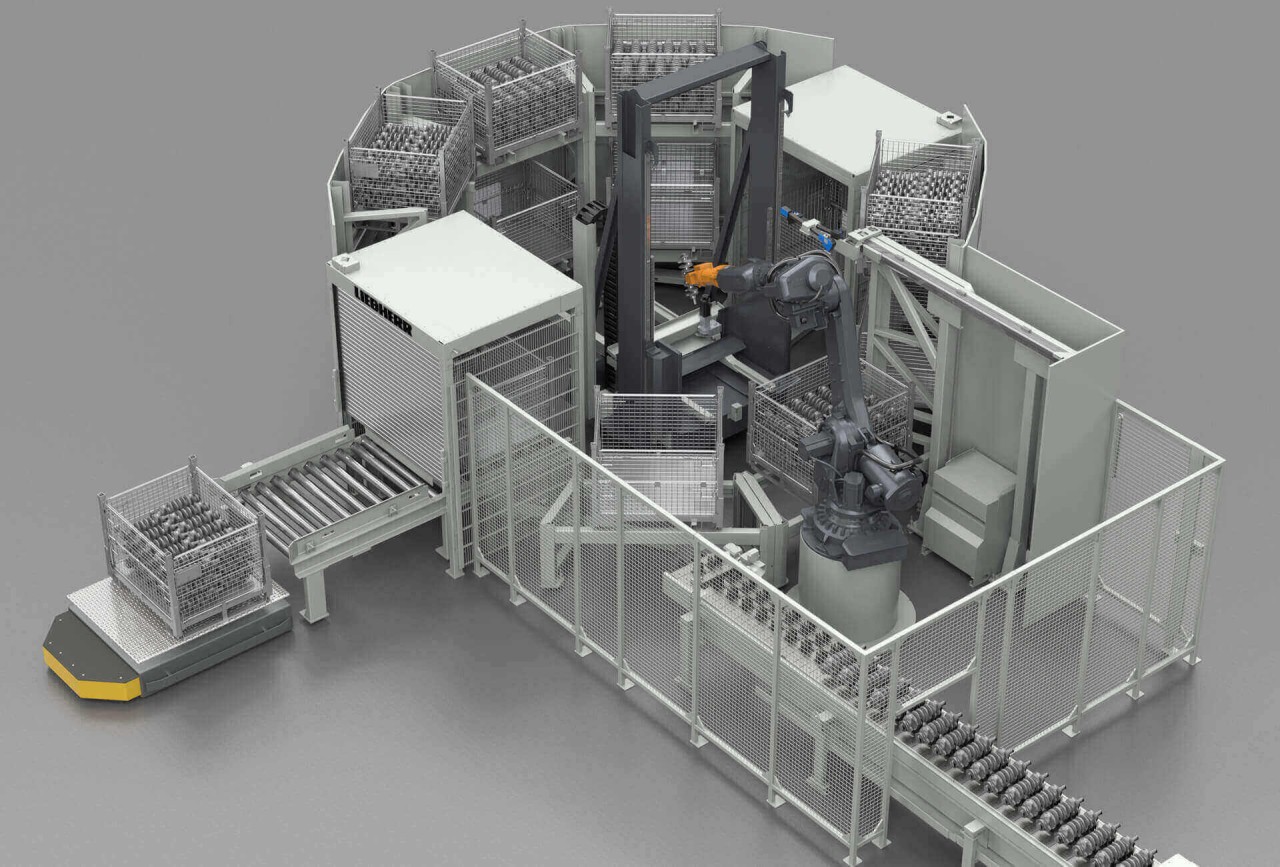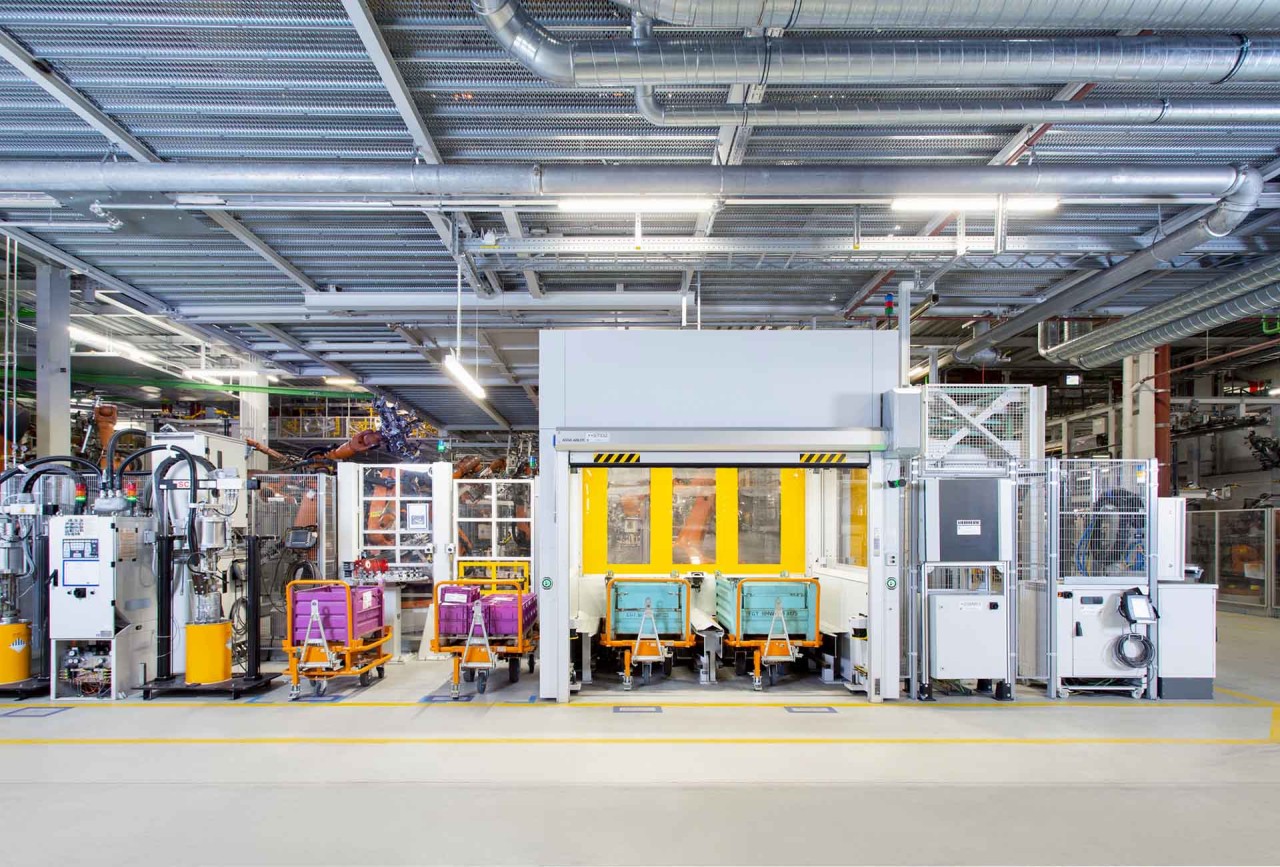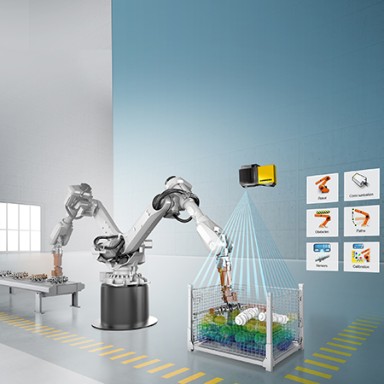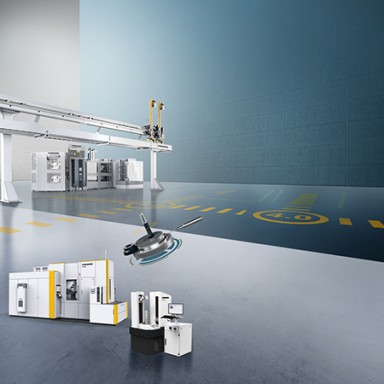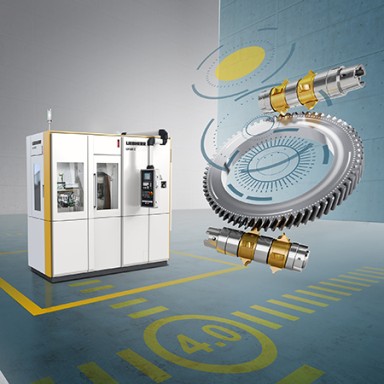
Automation solutions for the automotive industry
Automobile
An industry in a state of transformation
The automotive industry is undergoing a historically unique transformation. Regulatory changes, disruptive technologies and new competitors from outside the industry are radically changing the rules of the game in what was once a clearly structured market. However, every change also offers opportunities for those who adapt to the altered market environment in good time.
The transformation to electrified powertrains requires significant investment in new technologies and production facilities. Automation plays a key role here, allowing vehicle components to be produced economically in large volumes.
The demands of the automotive industry
High volumes
Quality
Efficiency & flexibility
The answer: automation
Turnkey system solutions
Traceability
Retooling
Automotive industry: how to automate your manufacturing
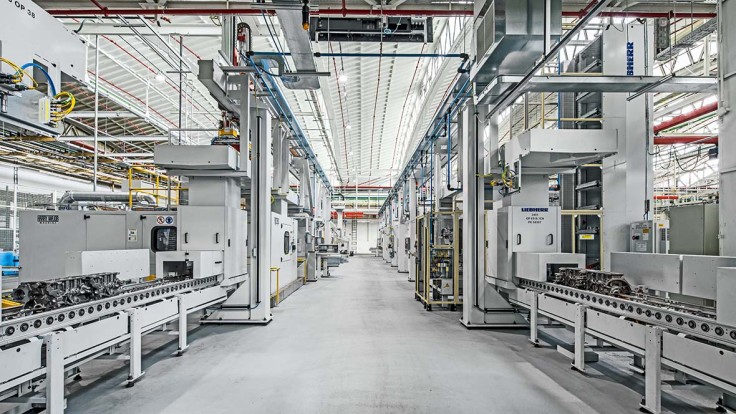
Conventional powertrain
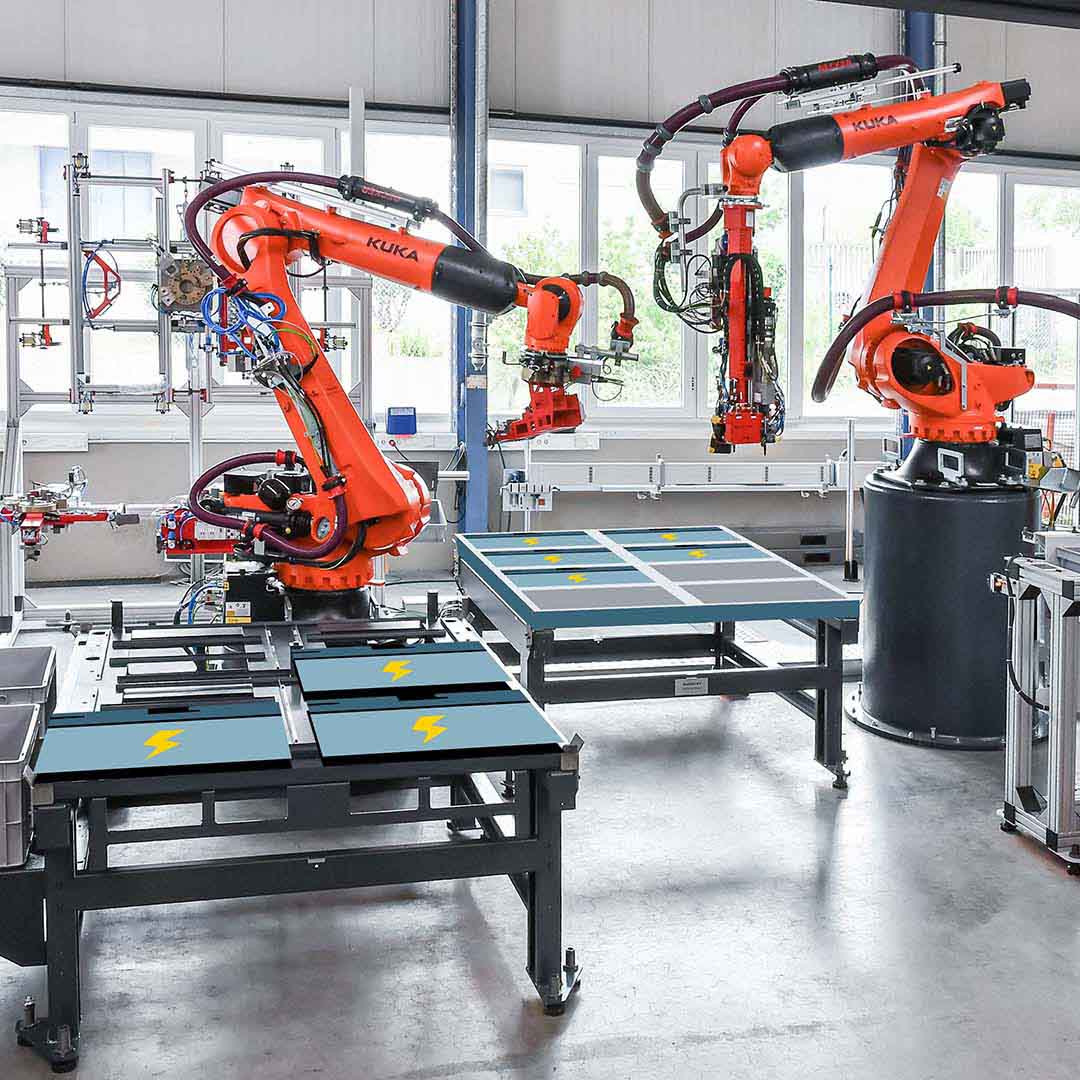
Circular economy: battery pack disassembly
Video
Liebherr Manufacturing System LMS 4.0
Software solution for monitoring and supporting manufacturing processes. The software is available in individually configurable packages.
- Production Schedule App
Management of production orders and processes - Part Tracking App
Guarantee of reliable process within a manufacturing or assembly line, as well as long-term logged part tracking - Production Monitoring App
Recording of production and operating data - Info Board App
Display of the plant status on a large display screen or simply on mobile devices

